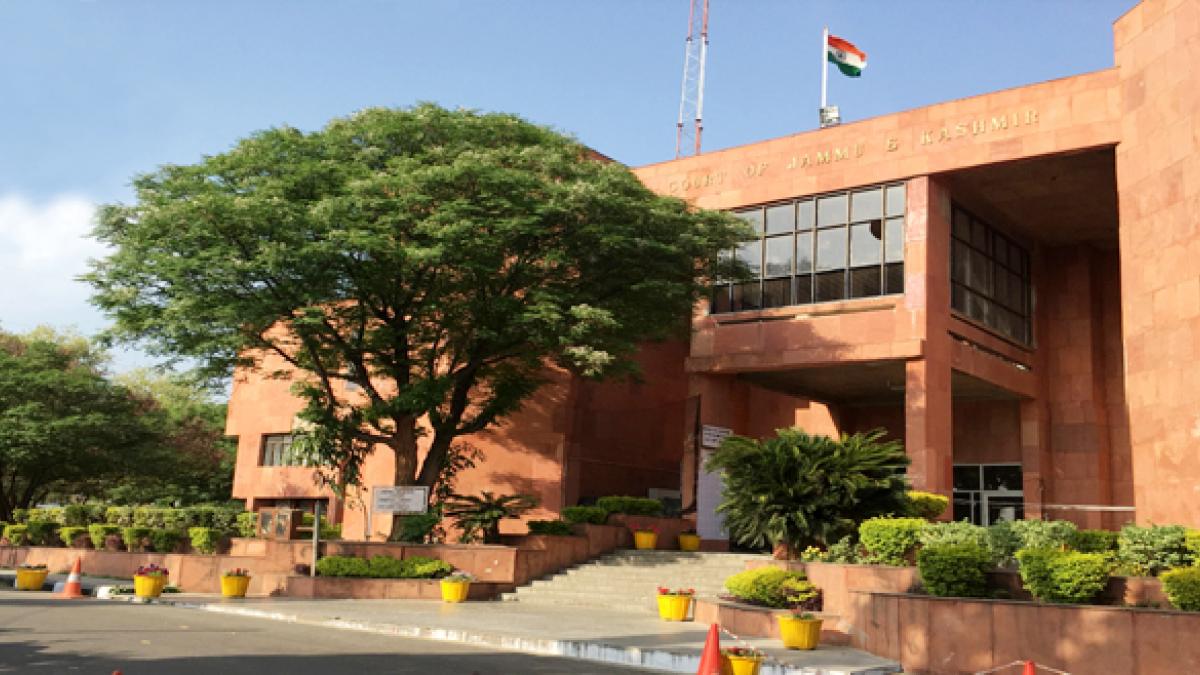Parallel litigation refers to a scenario where different courts are hearing the same claim. Parallel litigation is not permitted as it wastes time and money of the public over meaningless litigation. Filing an FIR against someone while they have departmental proceedings against him for the same issue would constitute parallel litigation. This was adjudged by a single-member bench of Justice Ali Mohammad Magrey of the High Court of Jammu and Kashmir in the case of Dara Singh v State of Jammu and Kashmir & Others [CRMC No. 36/2018] on 3rd June 2021.
The petitioner, Dara Singh was working as a head constable in the Police Department and was posted with the Railway Department. The petitioner allegedly produced a fake No Objection Certificate before his department which enabled him to fraudulently obtain a car loan from Canara Bank, Budshah Chowk, Srinagar. The NOC produced by the petitioner was verified by the railway department and upon them understanding that it was not issued by the bank authorities, the petitioner was temporarily placed under suspension and departmental proceedings were initiated against him. He was reinstated back into service and additionally a First Information Report no. 58/2017 was filed under Sections 420 and 467 of the erstwhile Ranbir Penal Code for cheating and forgery. The petitioner requested the honourable High Court to quash the FIR against him on the grounds of parallel litigation since the departmental investigation against him was still going on.
Justice Ali Mohammad Magrey first noted that as per the Supreme Court judgement in the case of State of Haryana & Others v Bhajan Lal & Others: [1992 Supp (1) SCC 355], High Courts were empowered to quash FIRs in order to prevent the abuse of the process of the court or to secure justice. It was also held that filing an FIR in addition to the departmental proceedings against the petitioner for the alleged forgery and cheating would constitute parallel litigation. As a result of this the FIR was quashed and the judgement was passed as follows “When the departmental proceedings are going on against the Petitioner, the registration of FIR would not only amount to initiating parallel proceedings against the Petitioner for the same offences, but would, if allowed to go unabated, also result in violation of the process of law” and concluded with “The cumulative effect of all that has been said and done above is that the Petition of the Petitioner is allowed and, as a sequel thereto, the FIR bearing No. 58 of 2017, registered against the Petitioner at Police Station, Maisuma, Srinagar, for the commission of offences punishable under Sections 420 and 467 of the erstwhile RPC as well as the proceedings, if any, emanating therefrom are quashed”.


